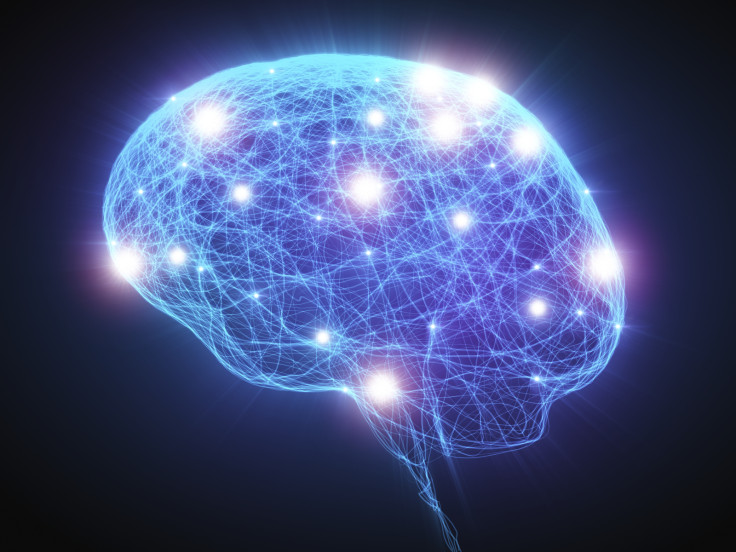Why men have bigger brains than women: Oestrogen

Men have larger brains than women because of the hormone oestrogen, scientists have said.
A team of researchers, from the Chinese Academy of Sciences, said sexual dimorphism in brain size is a common trait among primates – it is seen in humans, apes and some monkeys – with males generally having larger brains.
A study by scientists from Cambridge University published last year found that on average, men's brains were 13% larger than females. Exactly why this is has baffled scientists for years, however.
In the latest research paper, scientists tested the effect of the female hormone oestradiol on seven genes that relate to the brain size of humans and non-human primates.
Publishing their findings in the journal BMC Evolutionary Biology, the researchers found four of these genes were able to bind with oestrogen, with later testing revealing the hormone could "significantly suppress the expression of the four affected genes involved in brain size".
They then repeated the experiments on chimpanzees and rhesus macaques and found a similar suppressive effect of the hormone on gene expression, suggesting this is "conserved among primate species that exhibit brain size dimorphism".
"We demonstrated that oestrogen could down-regulate four of the known brain-size-regulating genes," they wrote. "This suppression effect may contribute to between-sex difference in brain size in humans and nonhuman primates with brain sexual dimorphism, suggesting that sex hormones may play an important role in primate brain evolution.
"Brain-size dimorphism among certain primates, including humans, is likely regulated by oestrogen through its sex-dependent suppression of brain size genes during development."
The authors note that natural selection may have favoured brain-size dimorphism, but why this is is unclear: "Ultimately then, when natural selection pushes the enlargement of the brain, it may be that it tends to act on genes already under estradiol regulation, and our results suggest that it does so potentially by suppressing the expression of brain size related genes in females.
"Why natural selection would favour a relatively smaller brain size in females is not clear. One possible explanation is the differential social roles of males and females that would lead to differential selective pressures during evolution. More evidence needs to be collected to test this hypothesis."
© Copyright IBTimes 2025. All rights reserved.






















